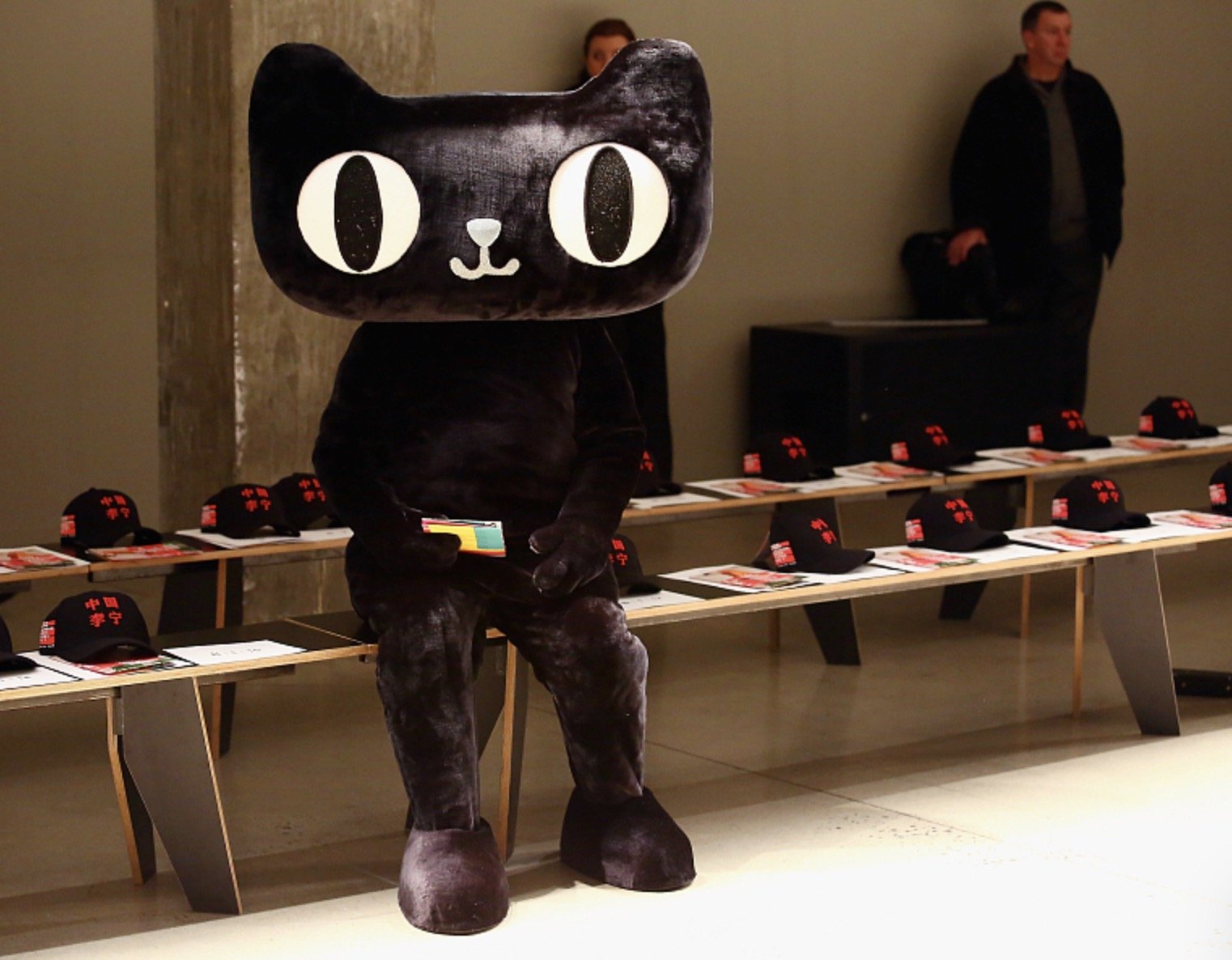The Real Cost of Selling on Tmall
Establishing a presence on Tmall, whether through Tmall Classic or Tmall Global, is a significant step towards accessing China's vast consumer market. However, prospective sellers must look beyond the potential revenue and understand the financial commitments involved. Success on Tmall requires a realistic budget that accounts not only for the platform's direct fees but also for the critical, and often considerable, investment needed in marketing and operations.
Simply listing products is insufficient; visibility and sales require significant ongoing financial input. Let's break down the key cost components you need to factor into your Tmall budget.
1. Core Platform Fees
These are the direct costs charged by Tmall for setting up and maintaining your store:
Security Deposit: This is a one-time, refundable deposit required upon opening your store. Its purpose is to ensure compliance with Tmall's rules and cover potential penalties or customer compensation.
Tmall Global: Typically ranges from USD $8,000 to $25,000, depending on the store type and product category.
Tmall Classic: Generally requires a deposit ranging from $4,000 to $40,000 depending on the store and product type.
Annual Technical Service Fee: A fixed yearly fee charged for using the platform's technology and services.
Tmall Global: Ranges from USD $8,000 to $10,000 per year.
Tmall Classic: Recently abolished annual fees for most store types and categories.
Reimbursement: Tmall Classic incentivizes sales performance by offering partial (50%) or full (100%) reimbursement of the annual fee if sellers meet predefined sales targets. Tmall Global does not offer reimbursement.
Sales Commission: Tmall takes a percentage of each transaction value (product price + shipping costs).
Rate: This commission typically varies between 2% and 5% for most categories.
Alipay Service Fee: Additionally, Alipay, the primary payment processor, charges a service fee of around 1% per transaction.
2. The Marketing Investment Imperative
Platform fees are just the entry ticket. Driving traffic, building brand awareness, and generating sales in Tmall's highly competitive environment requires a significant, ongoing marketing investment. Underestimating this cost is a common mistake.
Budget Scale: Marketing spend is often benchmarked against Gross Merchandise Value (GMV) or net sales. On average, brands might spend around 30% of their Tmall net sales on marketing activities.
Upfront Investment: New stores need substantial initial investment to gain traction. It's recommended that brands spend 100% of their target Tmall sales revenue on marketing during the first 3 to 6 months of launch.
On-Platform vs. Off-Platform: Marketing budgets are typically split between activities within Tmall (like search ads, display ads, platform promotions) and outside Tmall (social media marketing on WeChat, Weibo, Douyin, Xiaohongshu; KOL/influencer campaigns; PR).
New vs. Established Brands: Newer brands need to allocate a larger portion (potentially 60-80%) of their marketing budget to external channels to build awareness and drive traffic to their Tmall store. More established brands might shift spending more towards on-platform activities.
Premium Tactics: High-impact tactics like collaborating with top-tier livestreamers can be very effective but also very expensive, potentially costing tens of thousands of dollars plus a significant commission (e.g., $50,000 + 25% commission for a short slot with a top tier blogger).
3. Tmall Partner (TP) Costs
Many international brands opt to work with certified Tmall Partners (TPs) – third-party agencies that manage store setup, daily operations, customer service, marketing execution, and logistics.
Fee Structure: TPs typically charge a combination of:
Setup Fees: An initial cost for establishing the store.
Fixed Monthly Retainer: A recurring fee for ongoing operations.
Sales Commission: A percentage of sales generated through the store.
Conclusion: Budgeting for Reality
Selling on Tmall is a serious financial commitment that extends far beyond the initial deposit and annual fees. Brands must budget realistically, acknowledging the substantial investment required for marketing to gain visibility and drive sales.
Underfunding your Tmall venture, particularly the marketing component, is a recipe for disappointment. Conduct thorough research, understand the fee structures for your specific category and chosen model (Tmall Classic vs. Tmall Global), factor in significant marketing spend, and consider TP costs to create a comprehensive and realistic budget. This financial preparedness is crucial for navigating the complexities of Tmall and building a sustainable business in China.
Planning your Tmall budget? Shanghai Jungle is a TP (Tmall Partner) agency that can assist with opening, setting up and operating your Tmall store. Contact us for more details.

